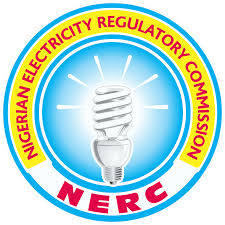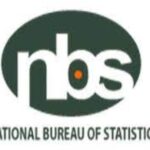…as APGC records
162 grid collapses in 11 years
By Stella Odueme
As parts of efforts to address the incessant national grid collapse leading to frequent electricity outrage across the country, the Nigerian Electricity Regulatory Commission (NERC) on Thursday convened stakeholders’ public hearing across the Nigerian Electricity Supply Industry (NESI) value chain with the review ti addressing the worrisome situation.
For instance, Association of Power Generation Companies (APGC) said it recorded about 162 system collapses from 2013 till date.
In his opening remarks, Engr. Sanusi Garba. Chairman/CEO, of NERC said that the purpose of the public hearing is to tackle the increasing frequency of national grid collapses which is a major concern to the commission.
The NERC boss and his team who expressed reservations on the TCN presentation on its measures to solve the frequent grid collapses noted the urgent need to resolve the situation to bring back confidence to electricity supply in the country.
He assured that submissions from stakeholders on the matter would be given adequate attention while recommendations will be considered to move the electricity sector forward.
Most of the speakers blamed TCN for not adequately responding to the immediate and remote causes of the grid system collapses.
They attributed the grid collapses to ageing infrastructure, poor management systems, the absence of Supervisory Control and Data Acquisition (SCADA), lack of maintenance software, misplaced priority of investments into grid expansion among others.
APGC’s Managing Director/Chief Executive Officer, Joy Ogaji, lamented the huge financial loss recorded by businesses and individuals because of the increasing and reoccurring grid collapses leading to widespread power outages in the country.
She argued that the level of frequency fluctuation and frequency trippling on the grid cannot be tackle by free governor mode alone.
“From the association data taken from 2013 till date the grid has collapsed 162 times.
“Before the grid code specified or the switch is up to like four. But we have done investigation and found out that sometimes the cripple is well over four, even up to ten, that is eating into somebody’s generation that would have fetched them money.
“So while I am not saying that spinning reserve is a solution, I believe that putting a spinning reserve and the free governor mode side by side can cure the volatility on the grid, because research shows that about hundreds of steel mills operate on our grid, and we know what steel mills does to frequency,” she maintained.
She revealed that the association conducted a study where it discovered that 95 per cent of the time, from 2013 till date, the grid has not been in compliance with the grid code requirement of 50 hertz.
“It has always been out of frequency requirement of the grid,” she stated.
The public hearing involved stakeholders from the electricity sector, civil society organizations, and the general public, focusing on strategies to revamp the grid system.
In November 2013, the federal government privatised all power generation and 11 distribution companies, with the government retaining the ownership of the transmission company.
The measure was aimed at improving and strengthening the efficiency in the electricity sector.
However, since the privatisation, the grid has continued to witness collapse and recent times, the collapses reached an alarming rate despite efforts to reposition the power sector for economic, social and general well-being of the country.



